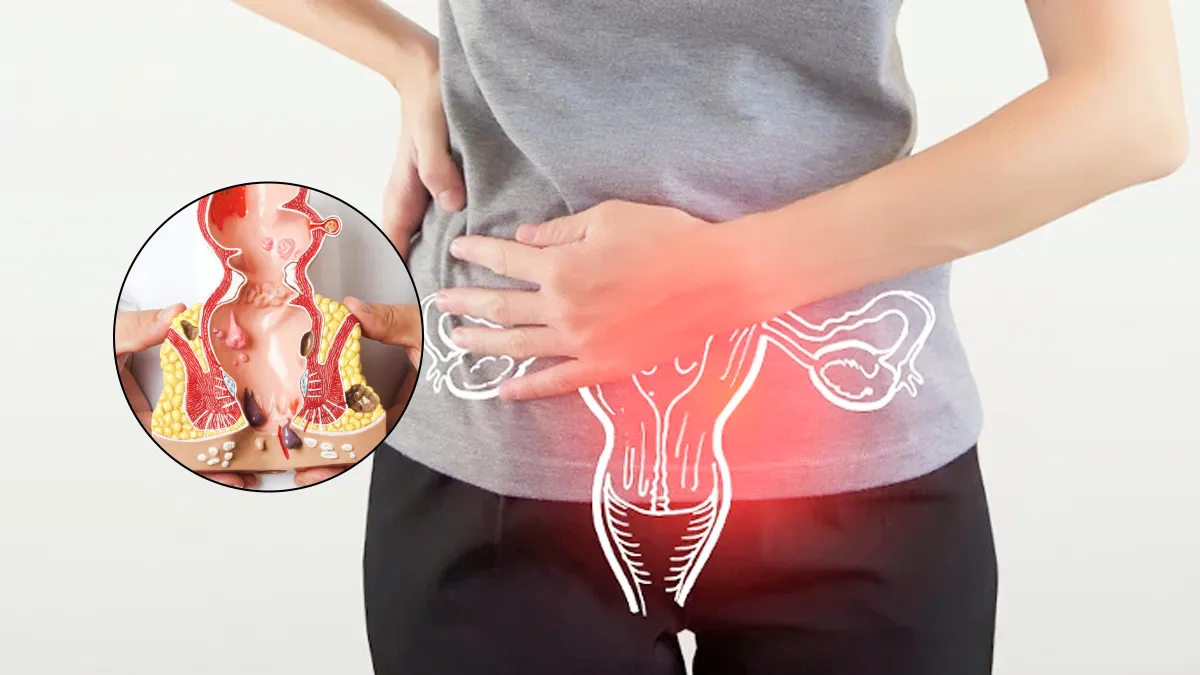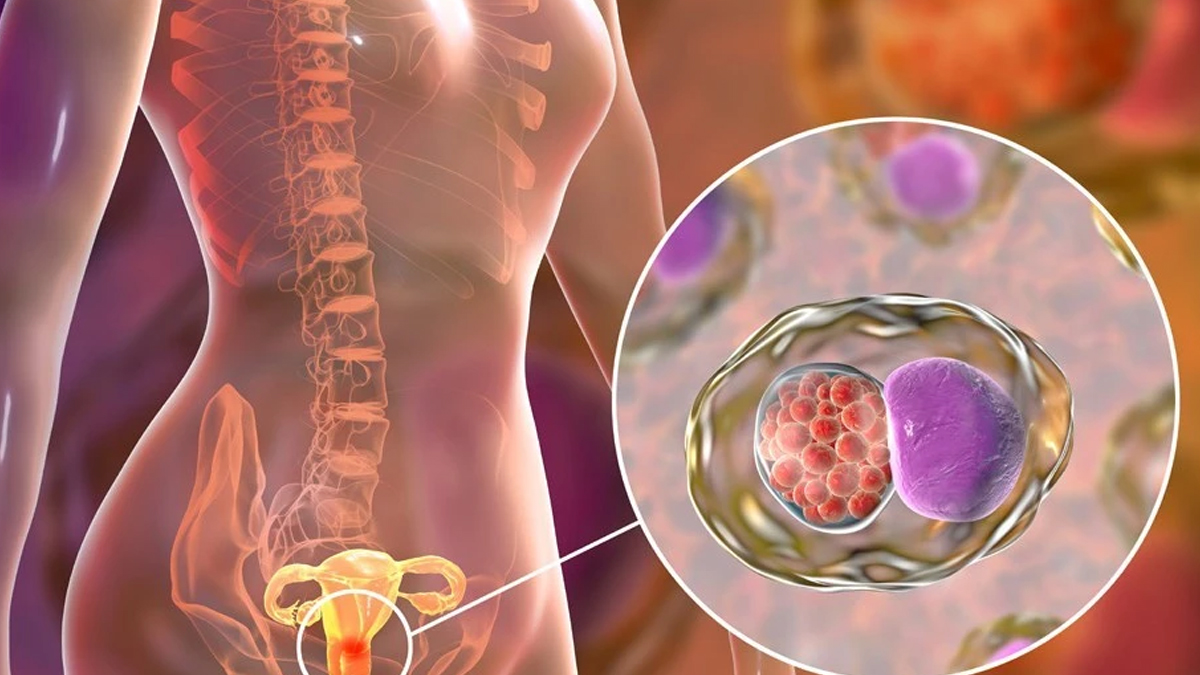
Many people survive cervical cancer and think their risk of other cancers drops once treatment ends. But a new study shows that survivors may have to watch out for more than they expected. Women who have had cervical cancer have nearly twice the risk of developing anal cancer compared to women who have never had cervical cancer. This warning comes from recent research that looked at decades of cancer registry data. It may mean that screening and follow-up care need to be broadened.
Table of Content:-
What the Study Found![1 - 2025-09-16T155448.438]()
The study titled “Anal Cancer Incidence Among Women With a History of Cervical Cancer by Age and Time Since Diagnosis” used data from U.S. cancer registries spanning 1975 to 2021.
Some of the findings from the study are mentioned below:
- Among more than 85,500 cervical cancer survivors followed over 822,000 person-years, 64 cases of anal cancer were recorded.
- The anal cancer incidence rate (IR) in these survivors was 7.8 cases per 100,000 person-years, compared to a much lower rate in the general population.
- The overall standardised incidence ratio (SIR), a measure that compares risk to the general population, was about 1.9 times higher. So nearly double.
- Risk increased with age: older survivors (especially aged 65-74) had higher incidence rates. Younger survivors (<45) also had elevated risk, though the absolute rate was lower.
- Also, the risk grew with time since the cervical cancer diagnosis. Survivors more than 15 or 20 years past diagnosis had some of the highest incidence rates.
ALSO READ: Can Training Slow Cancer Growth? What the Latest Study Found
Why This Risk Might Be Higher![2 - 2025-09-16T155451.161]()
Here are possible reasons, based on what researchers discuss:
- The human papillomavirus (HPV), which is a major cause of cervical cancer, is also linked with anal cancer. If the virus persists (or reactivates), it could affect anal tissue.
- Treatments for cervical cancer (e.g., radiation) might sometimes increase the vulnerability of nearby tissues. Though this specific study lacked detailed treatment data.
- Ageing and immune changes over time, plus possibly other risk factors (smoking, HIV status, sexual behaviour), may contribute. The study couldn’t fully adjust for all those.
Who Is Most at Risk
From the study:
- Women older than 65 (especially those 65-74) had higher rates of anal cancer.
- Risk climbs the longer it's been since the cervical cancer diagnosis, 15 to 20 years, 20+ years.
- Younger cervical cancer survivors are still at elevated risk compared to general population, but with lower rates in absolute terms.
What Can Be Done: Prevention and Screening![3 - 2025-09-16T155452.830]()
Given these findings, here are things survivors and healthcare providers can consider:
- Talk to your doctor about the risk of anal cancer if you have had cervical cancer. Ask if screening is appropriate.
- Monitor symptoms like anal pain, bleeding, or lumps. Don’t ignore unusual discomfort.
- HPV vaccination (if not already given) might help in some cases, especially if survivors were not vaccinated earlier.
- A healthy immune system helps: avoid smoking, maintain good nutrition, treat other infections or immune-compromising conditions.
- Medical bodies may need to update recommendations to include cervical cancer history when deciding who to screen for anal cancer.
ALSO READ: Smoking Around Kids? You Could Be Impacting Your Child’s Growth, Warns WHO
Conclusion
This new study adds important information: surviving cervical cancer comes with lingering risks not just from recurrence, but also the elevated risk of a different cancer, namely, anal cancer. Age and time since diagnosis matter a lot in how big that risk is. As research continues, both patients and doctors will need to stay alert and talk about follow-ups and possible screening. With better awareness, early detection is more possible, and lives may be saved.
Also watch this video
How we keep this article up to date:
We work with experts and keep a close eye on the latest in health and wellness. Whenever there is a new research or helpful information, we update our articles with accurate and useful advice.
Current Version
Sep 16, 2025 15:56 IST
Published By : Vivek Kumar


